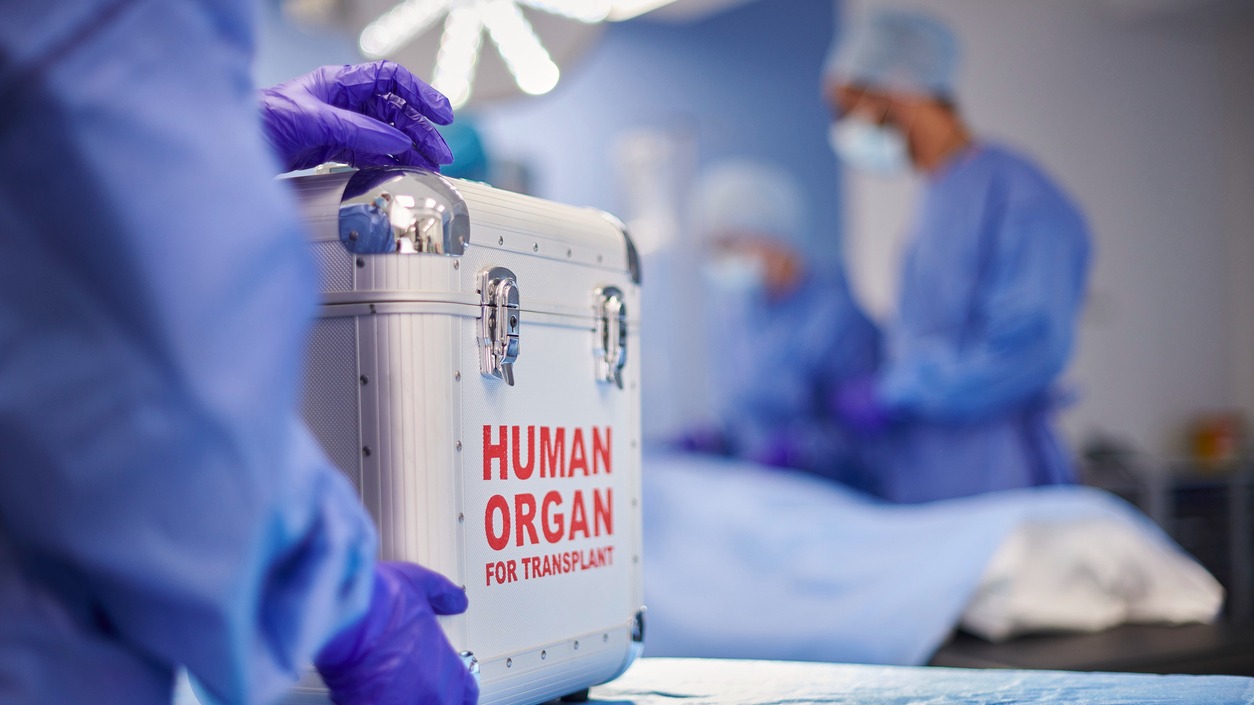
A battery-sized heart pump might soon change the game in the medical field. Designed to help keep children in need of a heart transplant alive and at home as they wait for their new organ, this device is only the size of an AA battery. With a small implantable device such as this one, children will be able to go home until their heart transplant date instead of having to stay weeks or months in a hospital waiting.
The heart pump is not yet approved by the US Food and Drug Administration and will need more study.
Between 200 and 400 infants and children every year are faced with an unfavorable option as they wait for a transplant: getting a surgically implanted mechanical heart pump that weighs up to 200 pounds with garden hose-sized tubing attached to their bodies, for weeks or months until they receive their transplant.
A study of the mini heart pump included seven children, ages 8 months to 7 years old. The device is surgically implanted onto the heart, exits the body through a cable, and is powered by a battery pack that is worn as a belt. A majority of the children in the study spent months using the device before their transplants. All seven children survived.
More from LittleThings: Dad Of 7 Is About To Get A Lifesaving Heart Transplant. Instead, His Flight Is Canceled
"This is a huge step forward for implantable ventricular assist devices for young children," Dr. Bradley Marino, executive co-director of the Pediatric and Adult Congenital Heart Center and division chief of Cardiology and Cardiovascular Medicine at Cleveland Clinic Children's, told ABC News. "[The device] is a novel opportunity where we could have a new ventricular assist device that would allow infants and young children to potentially go home," the doctor continued, adding that it could "potentially de-compress our cardiac intensive care units, which will allow for increased capacity, as well as provide an improved quality of life for the children and their families while they are waiting for heart transplantation at home."




